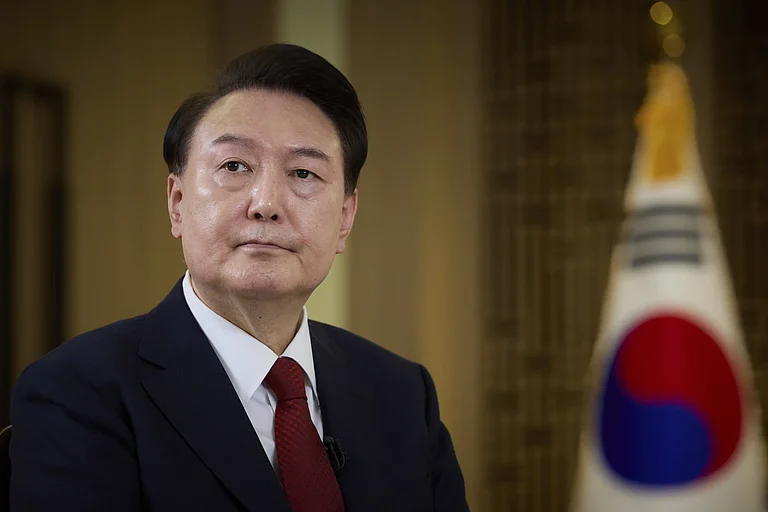America’s largest military shipbuilder has reached an agreement with a South Korean company that experts believe could play a crucial role in helping the US Navy expand its fleet to match China’s growing naval power, CNN reported.
Virginia-based Huntington Ingalls Industries (HII) and South Korea’s Hyundai Heavy Industries signed a memorandum of understanding (MOU) on Monday during a defense exhibition in Maryland.
“Today’s agreement reflects our commitment to explore all opportunities to expand US shipbuilding capacity in support of national security,” HII Executive Vice President Brian Blanchette said at a ceremony at the Sea Air Space 2025 exposition. “By working with our shipbuilding allies and sharing best practices, we believe this MOU offers real potential to help accelerate delivery of quality ships.”
A statement from Hyundai Heavy Industries highlighted that both HII and the South Korean shipyard construct Aegis destroyers, which form the backbone of the US and South Korean surface fleets. These Aegis ships offer protection against missile threats, including powerful ballistic missiles from rivals like China and North Korea.
“This MOU is especially significant as it marks the first collaboration between two leading shipbuilding companies from Korea and the US, both capable of building the world’s most advanced Aegis ships,” the statement read.
Hyundai Heavy Industries operates the world’s largest shipyard in Ulsan, South Korea, and produces 10 percent of the world’s ships, according to the company’s website.
Analysts have long urged the US to collaborate with allies such as South Korea and Japan on naval shipbuilding, as Chinese shipyards have been rapidly increasing warship production, giving the People’s Liberation Army Navy the largest fleet in the world.
Meanwhile, Washington has failed to keep pace, due in large part to limited capacity in shipyard space and insufficient workers in the US. “This agreement is a strong start towards alleviating the impact of America’s shortfall in shipbuilding capacity,” said Hawaii-based analyst Carl Schuster, a former US Navy captain to CNN.


























